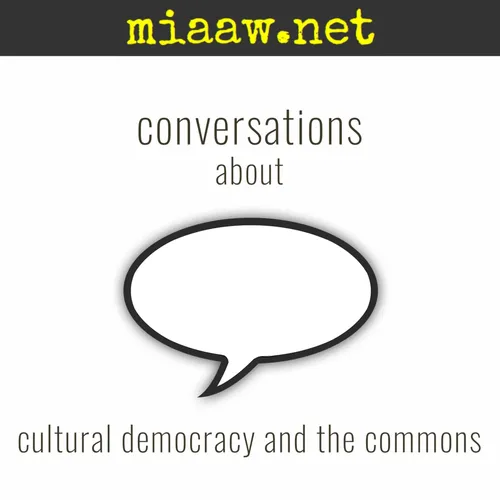
MIAAW.net
Miaaw.net: four monthly series, one a week, audio essays, conversations and discussions about cultural democracy and the commons.
Week 1: Meanwhile in an Abandoned Warehouse
Week 2: Genuine Inquiry
Week 3: A Culture of Possibility
Week 4: Common Practice
What is cultural democracy? How can we move towards it? How likely are we to achieve it? What does it have to do with "the arts"? What does it have to do with a post-digital future? What does it have to do with the commons?
- Update frequency
- every 7 days
- Average duration
- 37 minutes
- Episodes
- 284
- Years Active
- 2018 - 2025
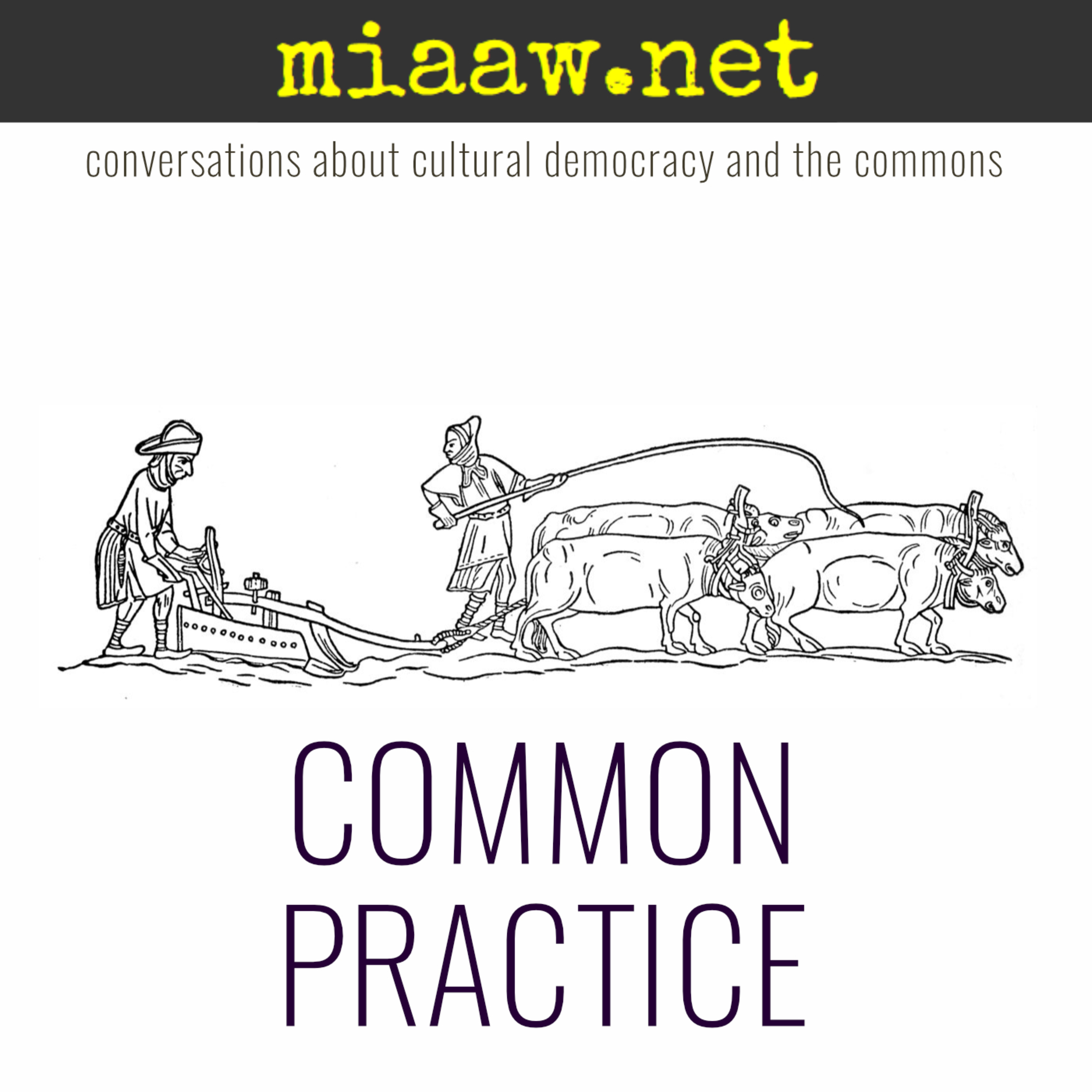
Alternative School Of Economics
This episode is a live recording of an event in which Sophie Hope talks with artists Amy Feneck and Ruth Beale. Together they reflect on 12 years of collaborative practice, spanning art, politics and…
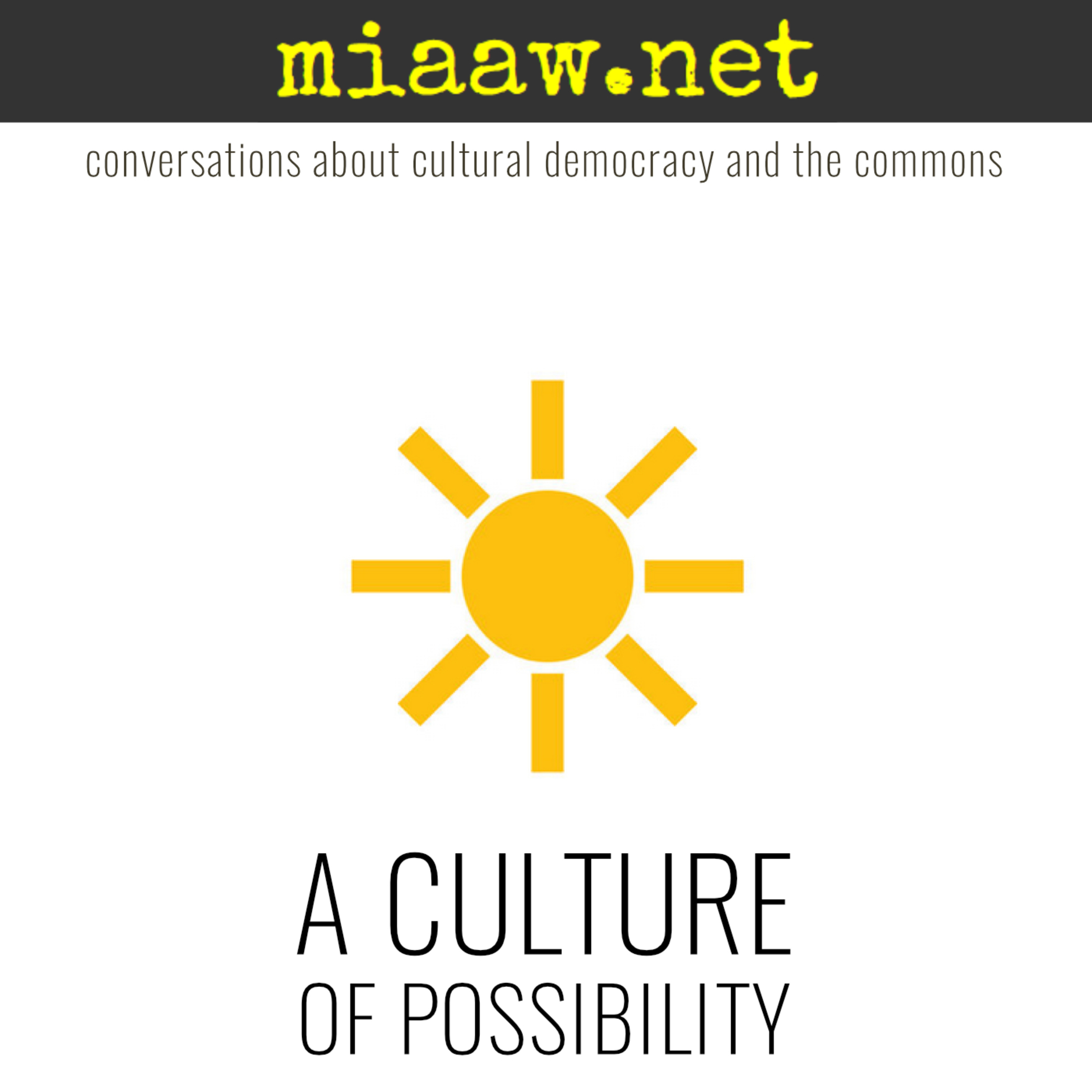
Theatre in place of war
In Culture of Possibility #40, Arlene Goldbard and François Matarasso interview James Thompson, Professor of Applied and Social Theatre at the University of Manchester.
James Thompson was the founde…
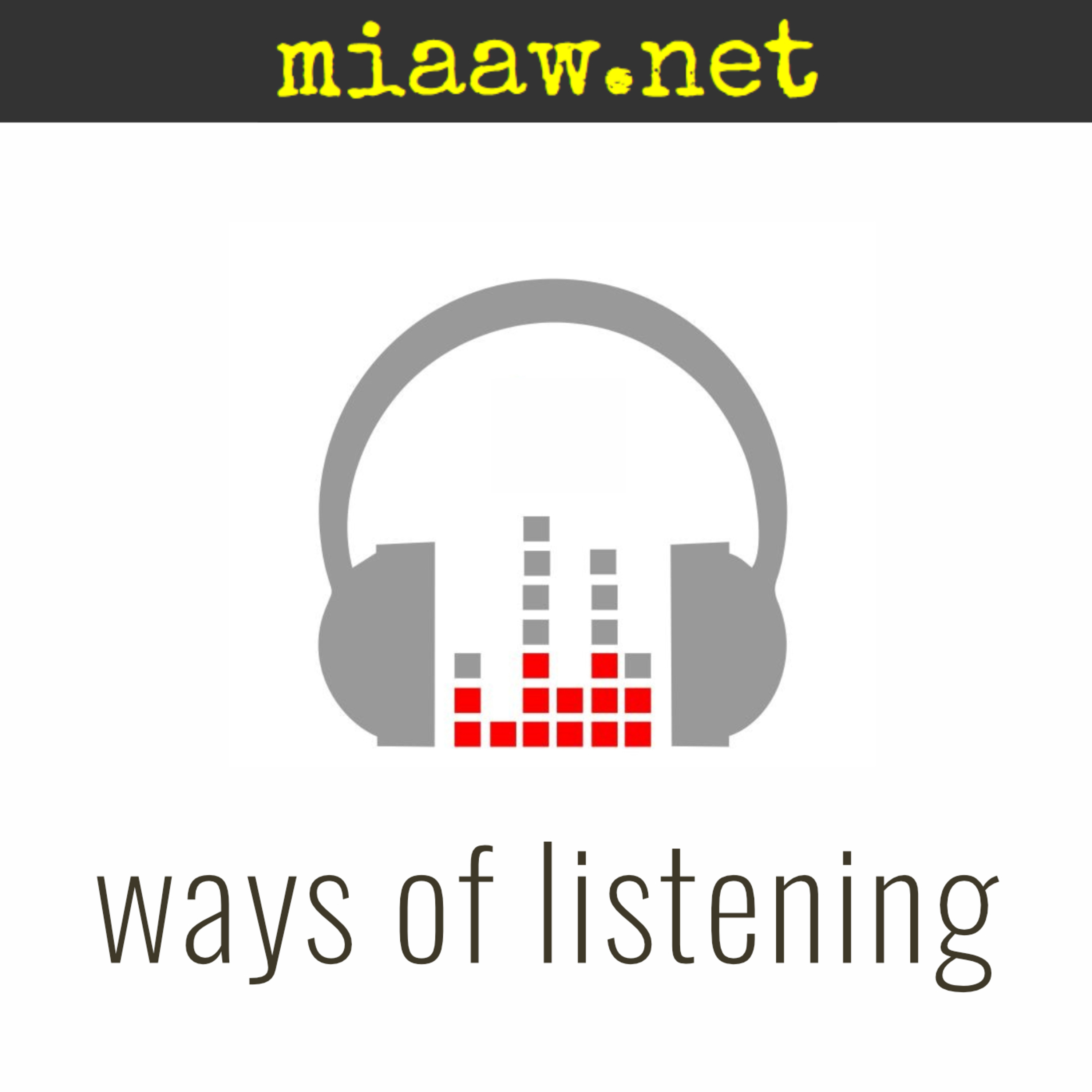
Sylvan Baker - Changing the Resonance
Practitioner and researcher Sylvan Baker examines listening within applied theatre practices.
Sylvan has worked across applied theatre, socially engaged arts and education for the past 30 years, and…
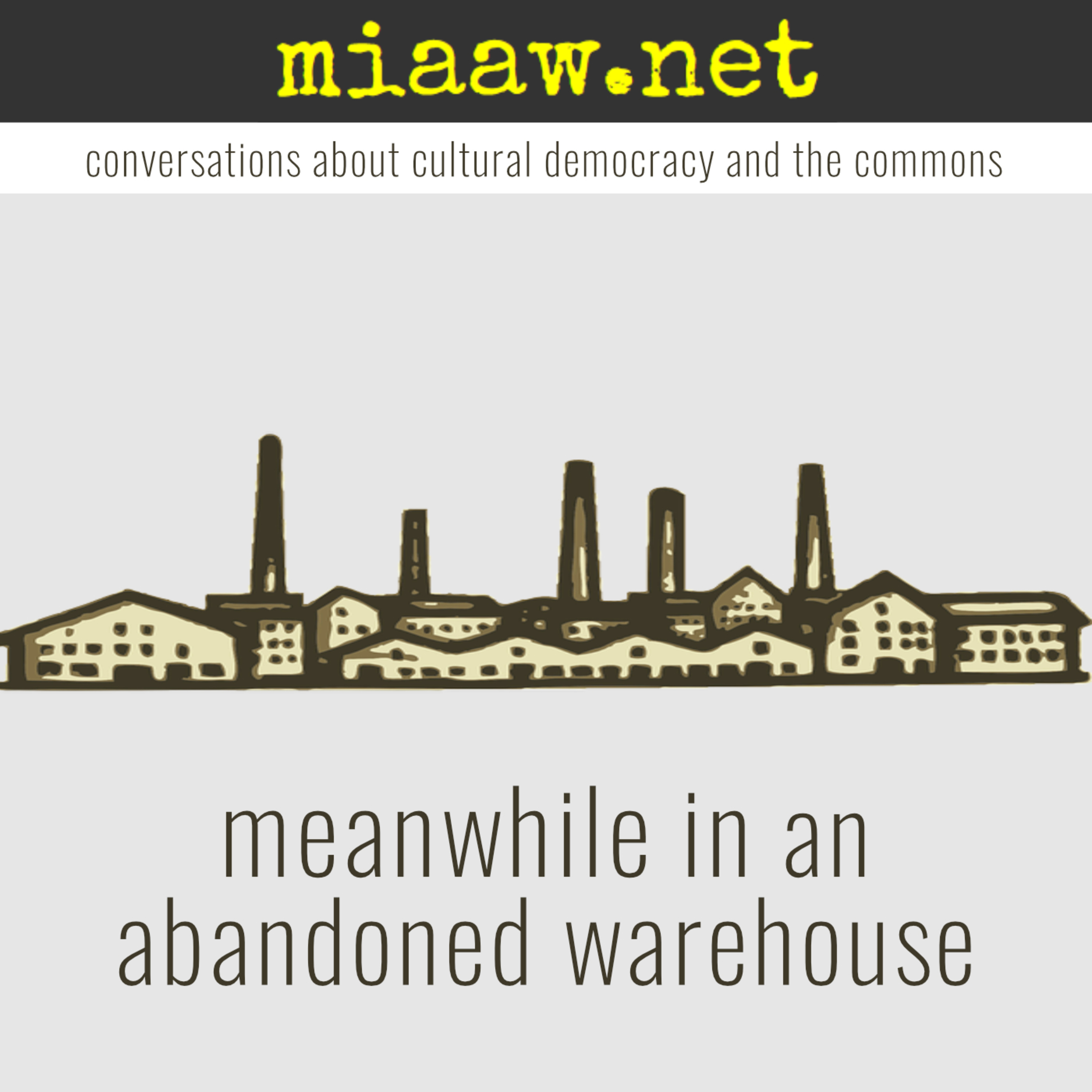
Mind Like Water
Last month we completed a three part mini-series and asked for responses. To our surprise the ones we got did not propose digital tools but enquired about a comment in the show notes here at miaaw.ne…
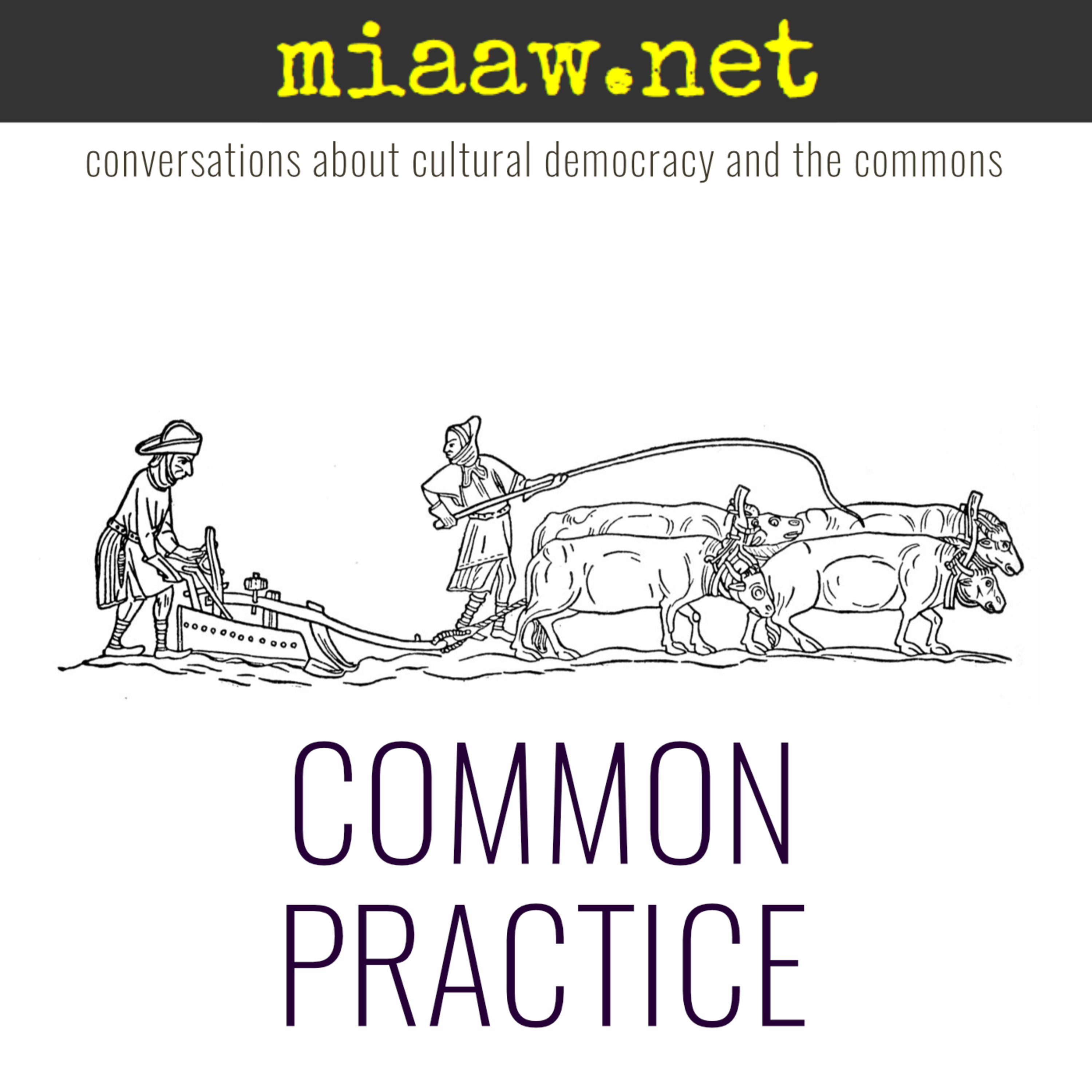
The Village Hub in Plymouth
Karen Pilkington and Sophie Hope met doing their duties as board members of a community arts organisation.
They want to get to know each other better and so in this podcast Sophie hears all about Ka…
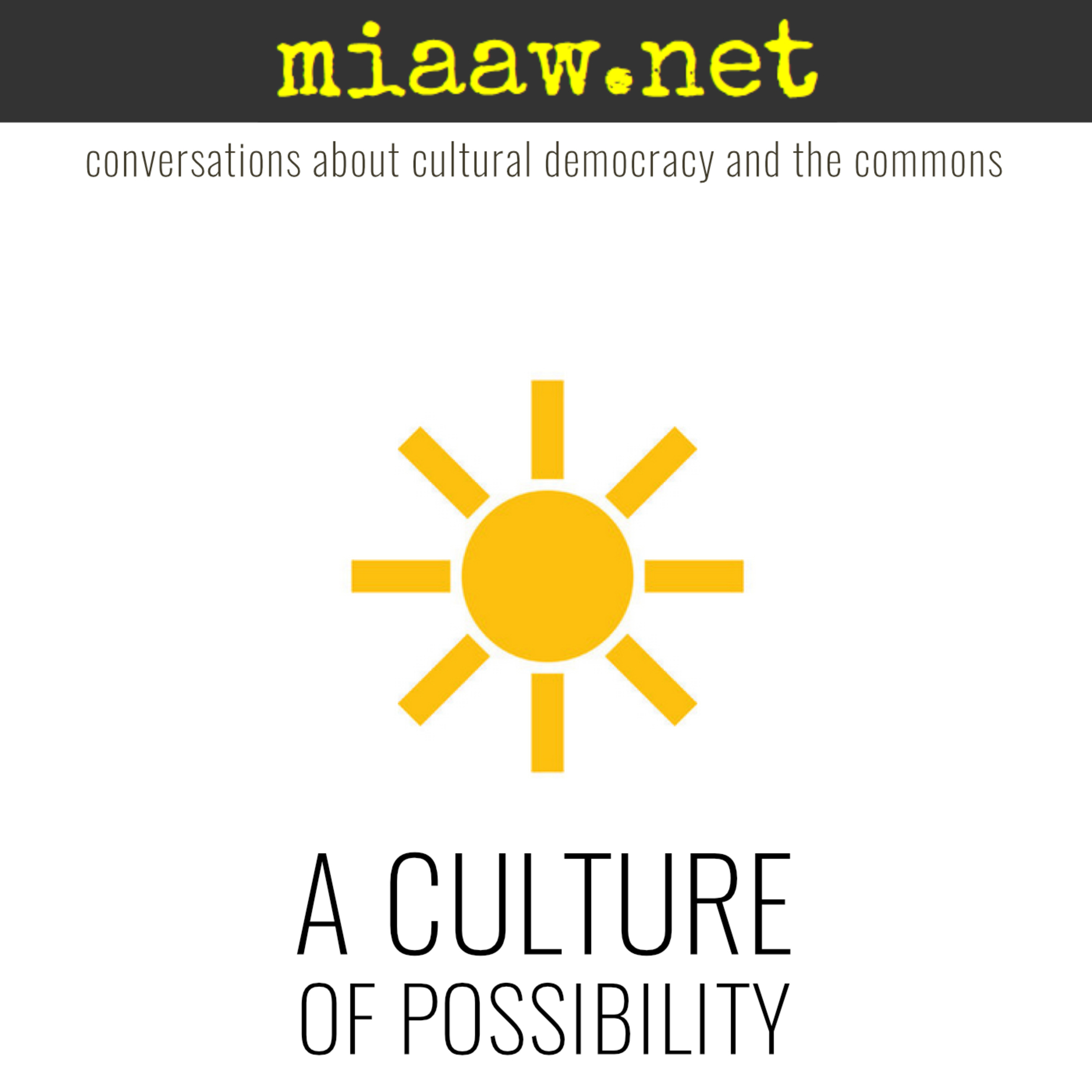
Community Creativity under Austerity
In Culture of Possibility #39, Arlene Goldbard and François Matarasso talk about the difficult conditions community-based artists and groups must work under as austerity measures, encroaching authori…
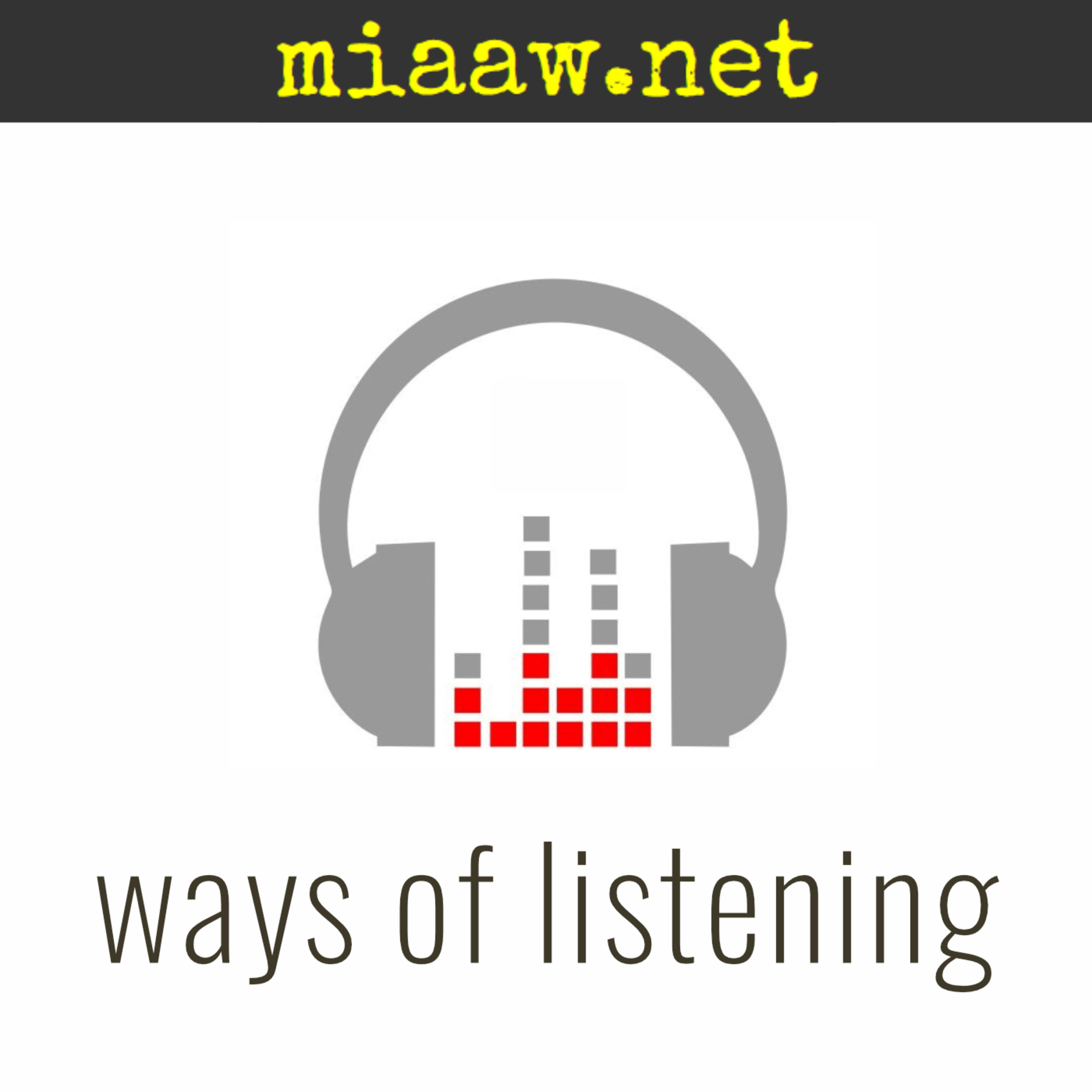
Marley Starskey Butler - Resourcing Listening
Marley Starskey Butler works as a multidisciplinary artist and social worker. They have revealed that art has functioned as a therapeutic tool for them, helping them to process their own complex chil…
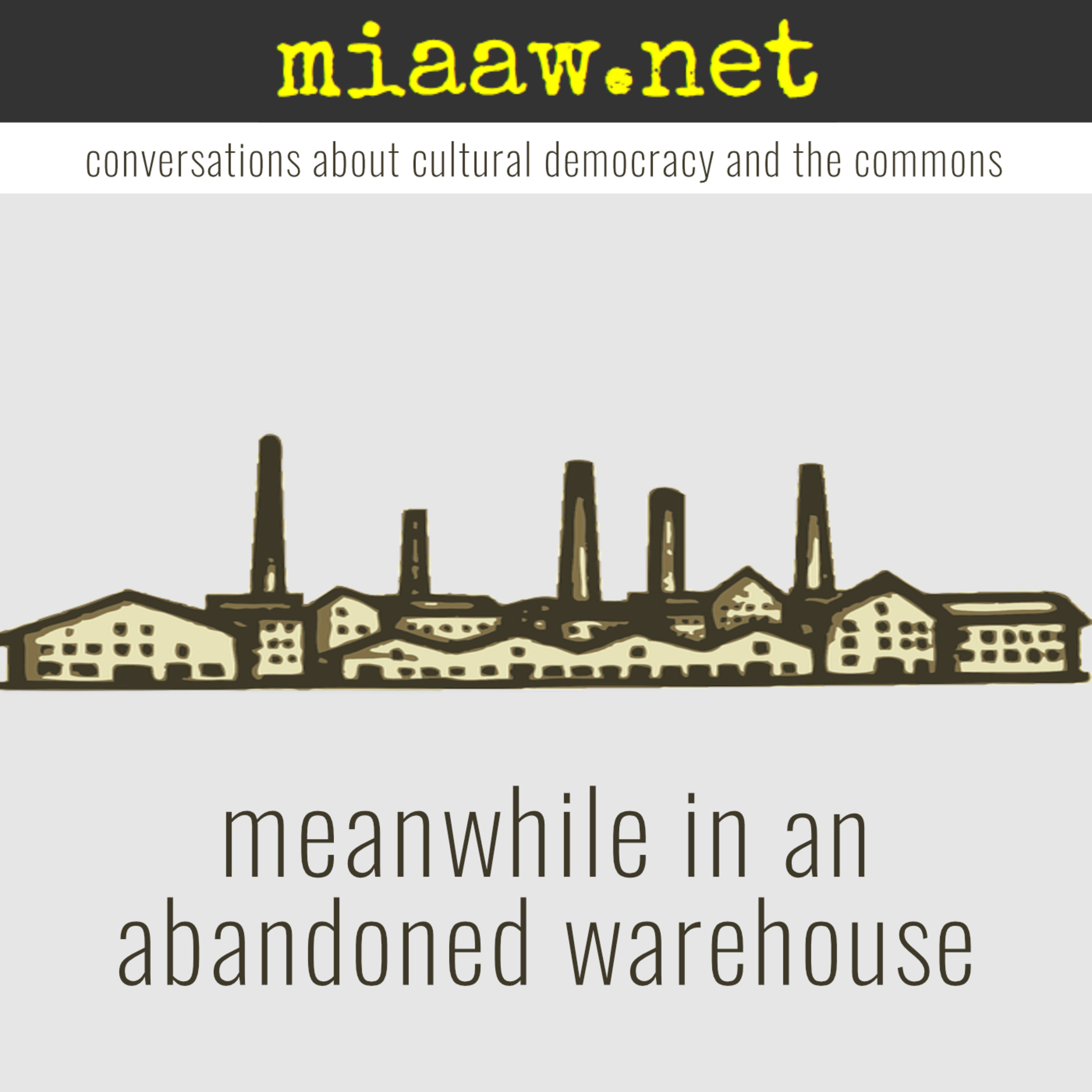
Convivial Toolkit
This completes a mini-series that looks at whether or not we should feel concerned about the digital tools we use and the effects that they have on us. In this episode Owen Kelly looks at some practi…
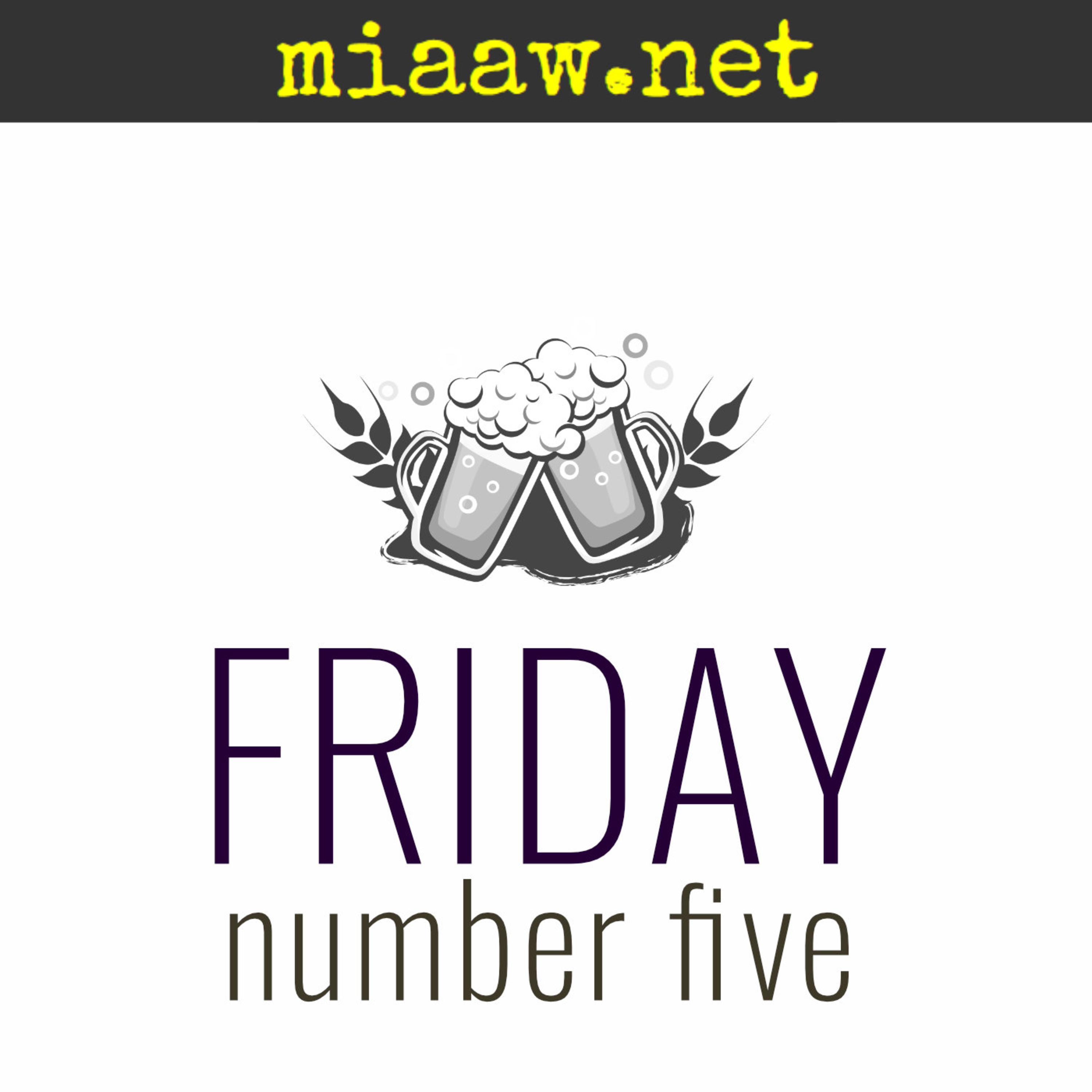
Podcasting - Ferment Radio
Every year some months have five Fridays, and every time this happens we find something to do there: something out of our normal schedule. We try to adopt an annual theme. In 2021 we played music lic…

Highlands & Islands
In this episode Sophie Hope talks to four people connected to the MA degree course in <em>Art and Social Practice</em> at the University of the Highlands and Islands. According to the UHI website, “W…
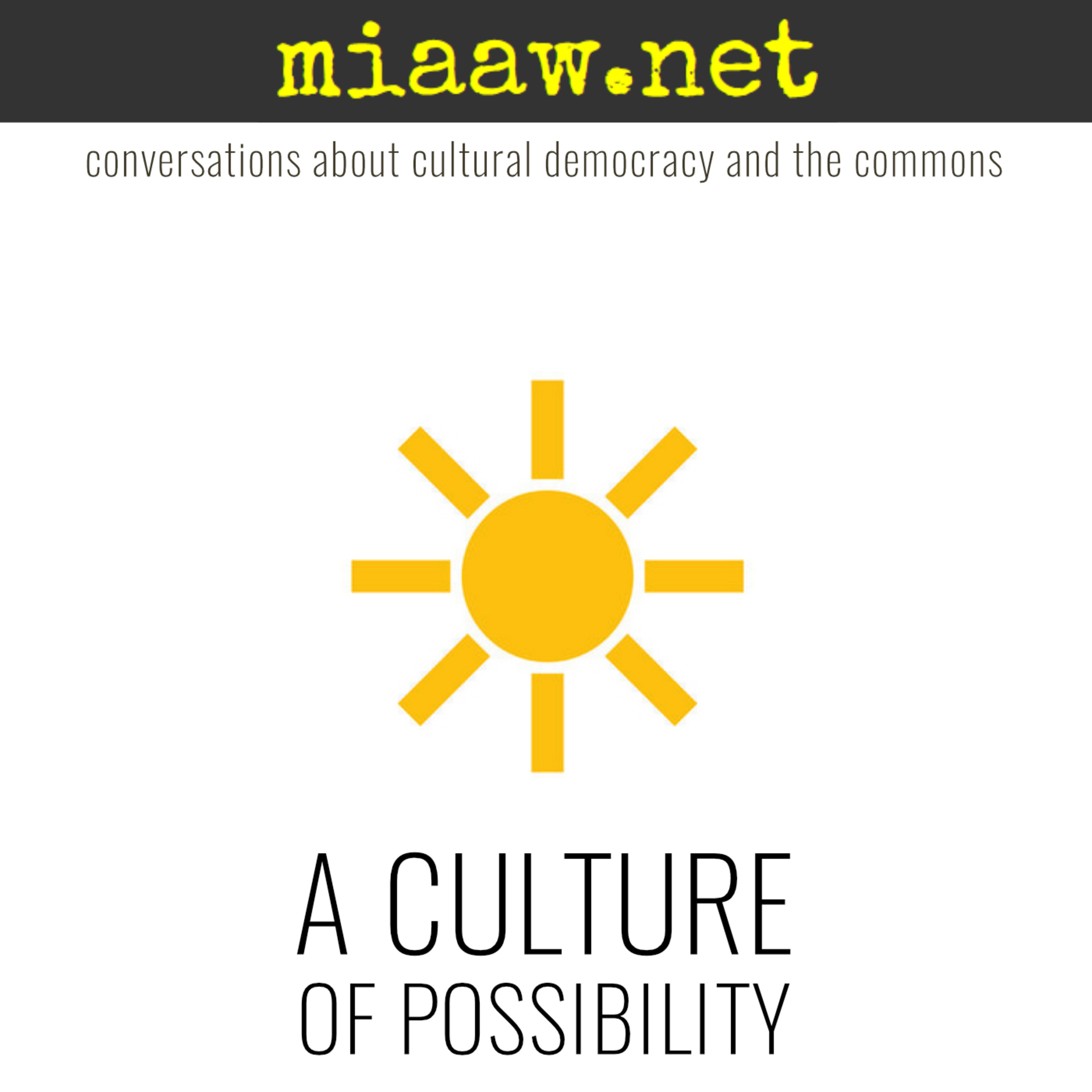
Community MusicWorks, Providence, Rhode Island
In Culture of Possibility #38, Arlene Goldbard talks with Sebastian Ruth, Founder & Artistic Director and Resident Musician at Community MusicWorks in Providence, Rhode Island.
CMW describes itself …
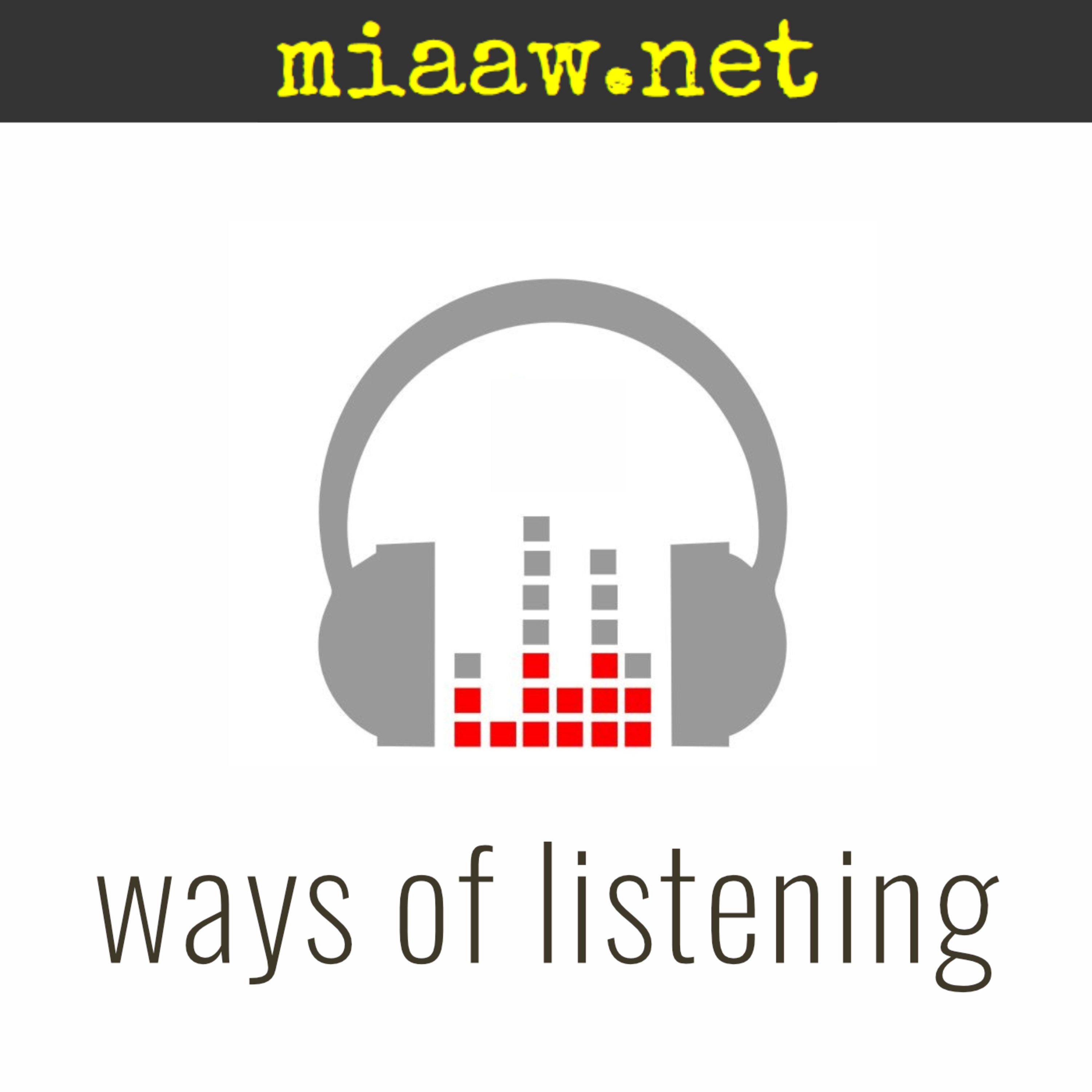
Jody Wood - Hearing What Isn’t Being Said
In the fifth episode of Ways of Listening, artist Jody Wood talks about listening as a practice of care - where to care is not to cure. Jody advocates for participatory ‘opt in’ structures for social…
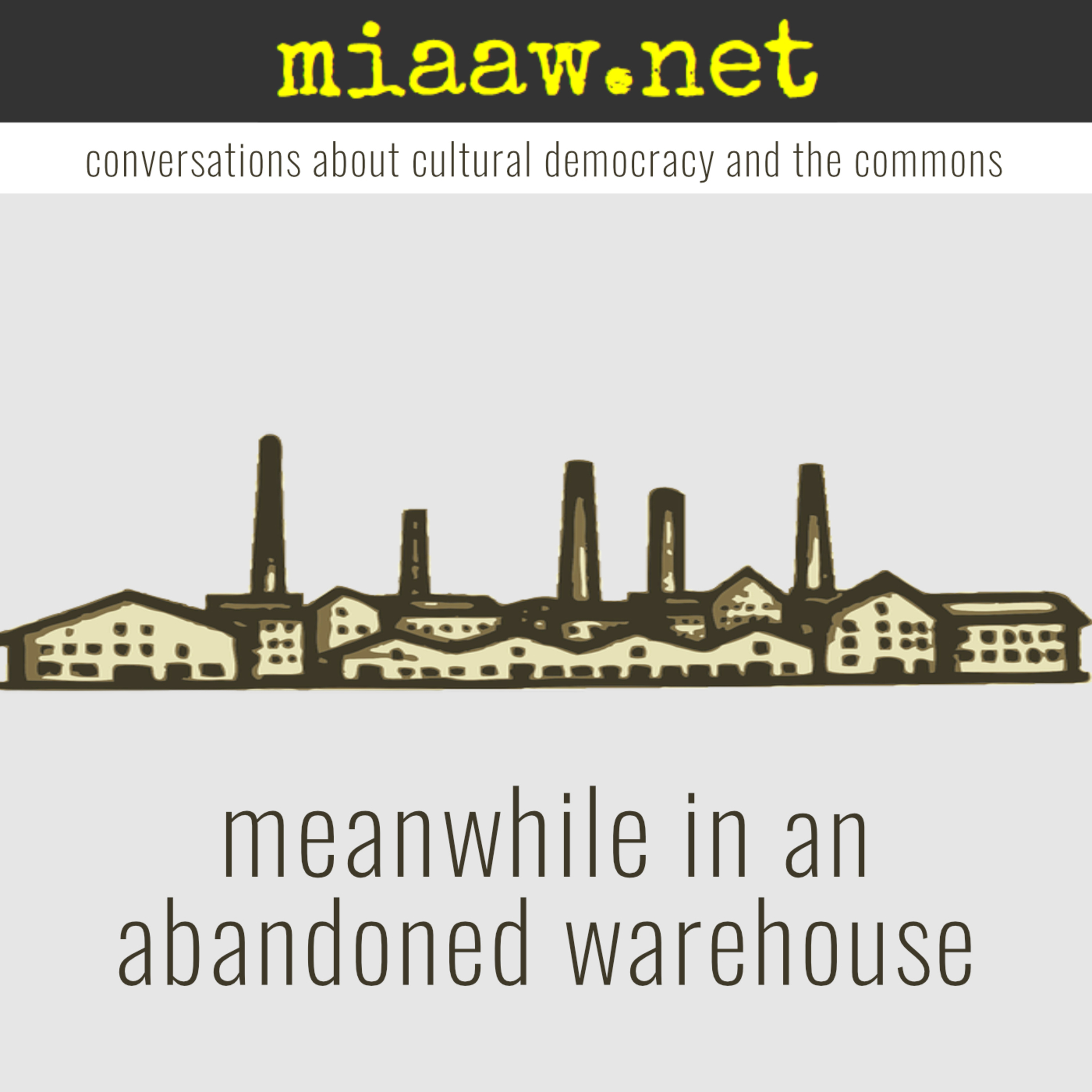
Convivial Tools
This continues a mini-series that looks at whether or not we should feel concerned about the digital tools we use and the effects that they have on us. In this episode Owen Kelly explains three dimen…
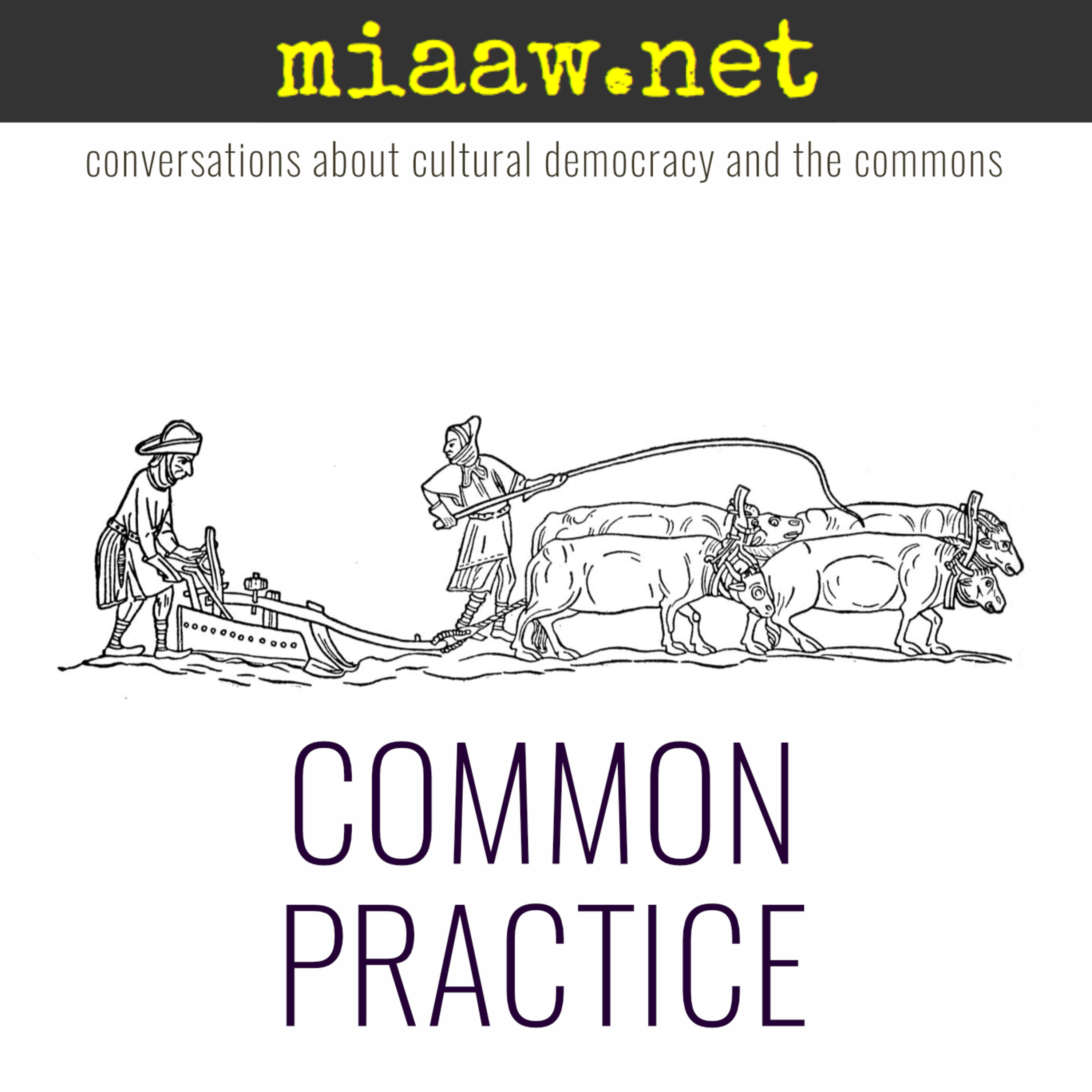
Rest & Rage in Rome
In early February Sophie Hope went to Rome to present Manual Labours’ work at a conference. In this episode She and Fabiola Fiocco tell us about the workshop they did at MACRO - the Municipal Museum …
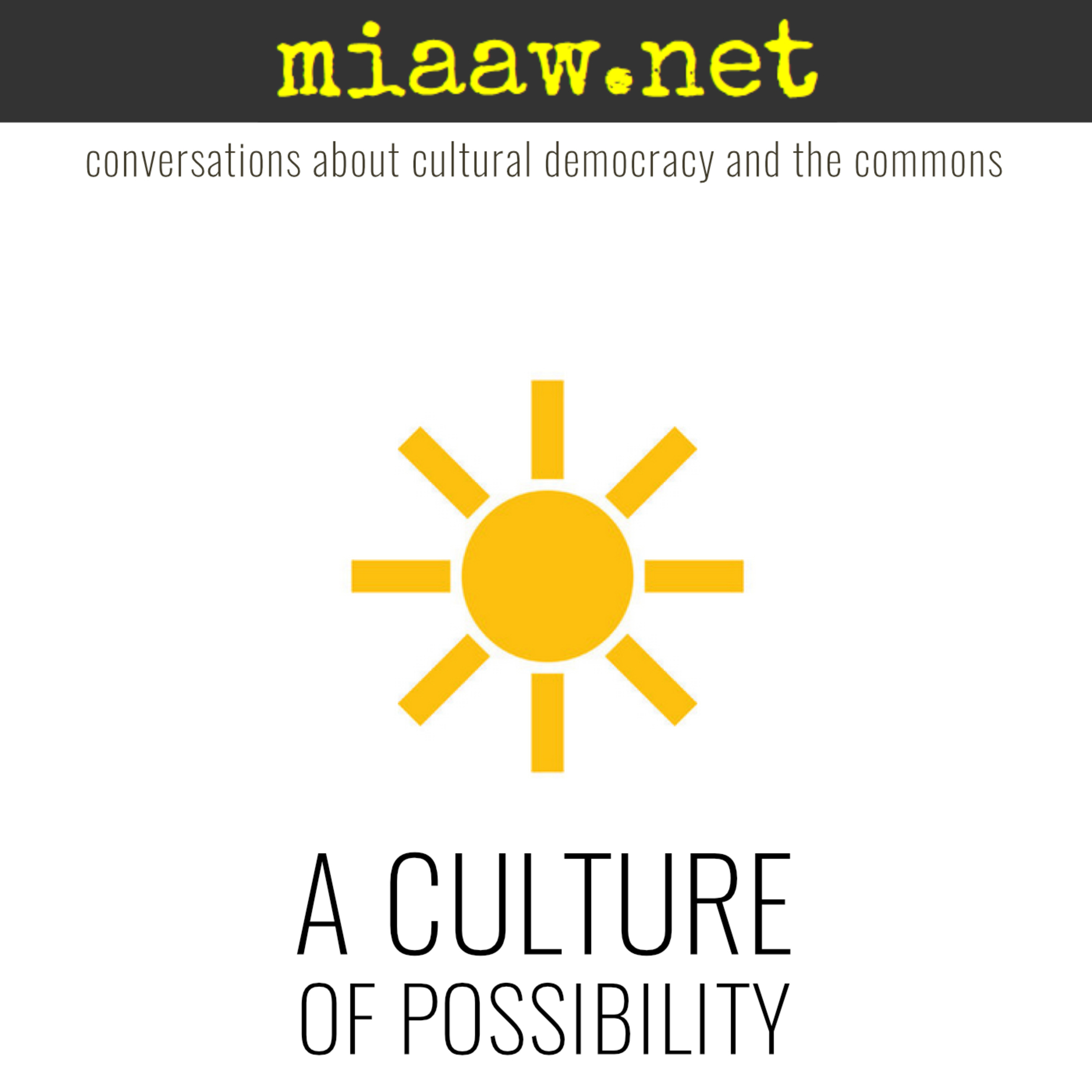
Preservation, Reinvention & Traditional Music in Scotland
David Francis comes from Dumfries in the south west of Scotland, but cut his musical teeth in the north east, playing for bands like Desperate Danz Band. He moved to Edinburgh in the 1990s and became…
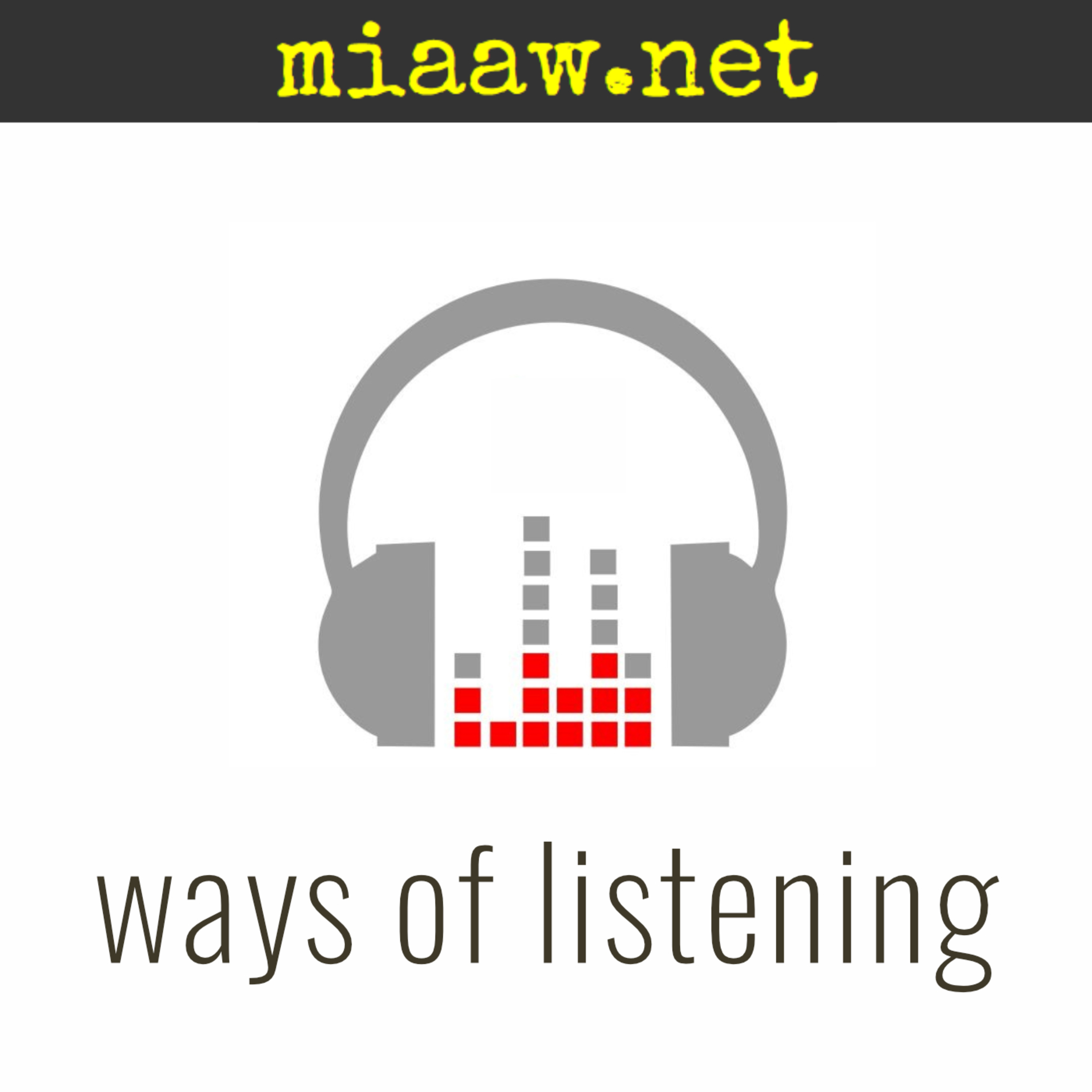
Lady Kitt - Building Listening into Everything
Lady Kitt is a disabled artist and drag king, describing their work as “Mess Making as Social Glue”. Kitt works on long term, collaborative projects driven by insatiable curiosity about how art can b…
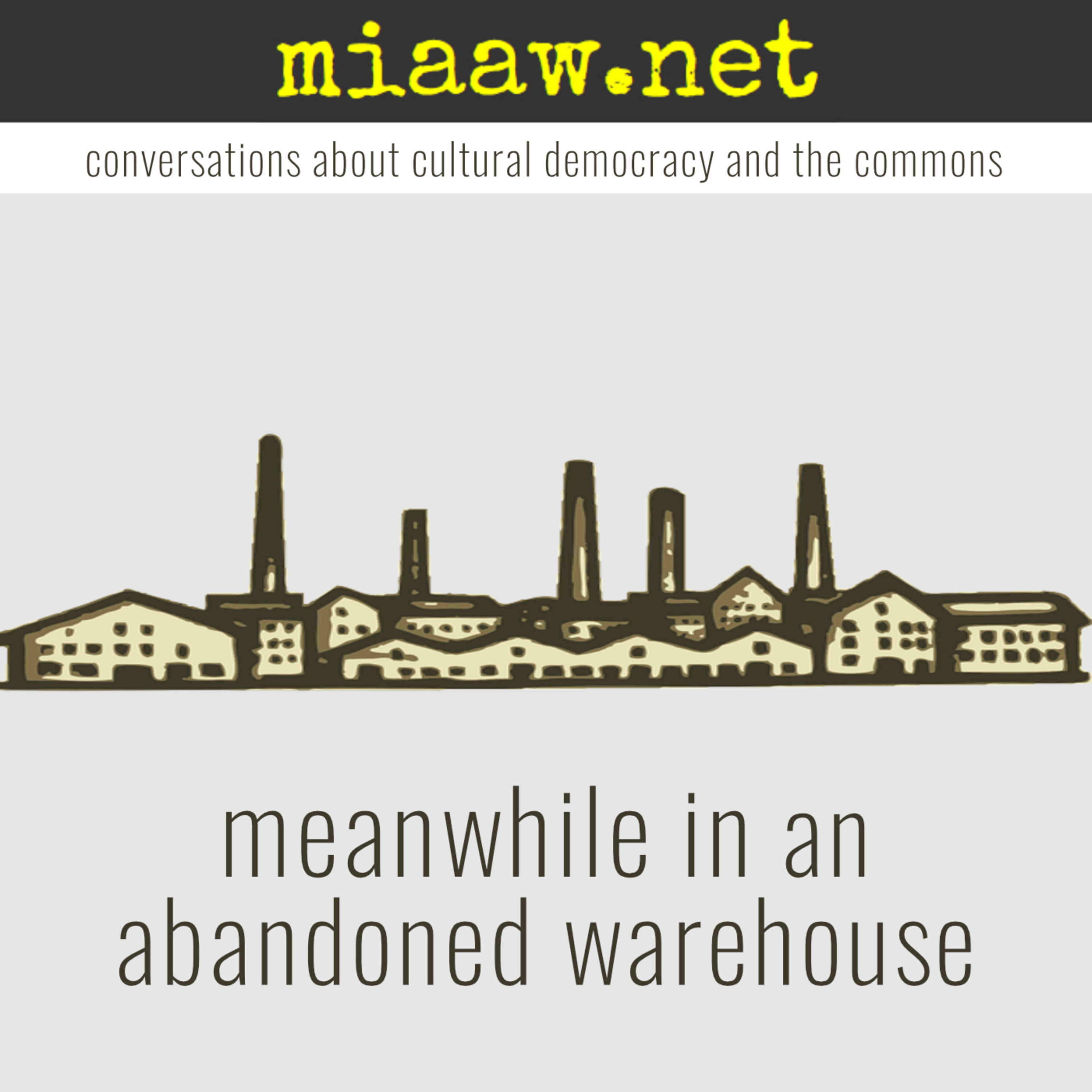
Convivial Mechanics
This episode begins a mini-series that looks at whether or not we should feel concerned about the digital tools we use and the effects that they have on us. The tools we use and the uses we make of t…
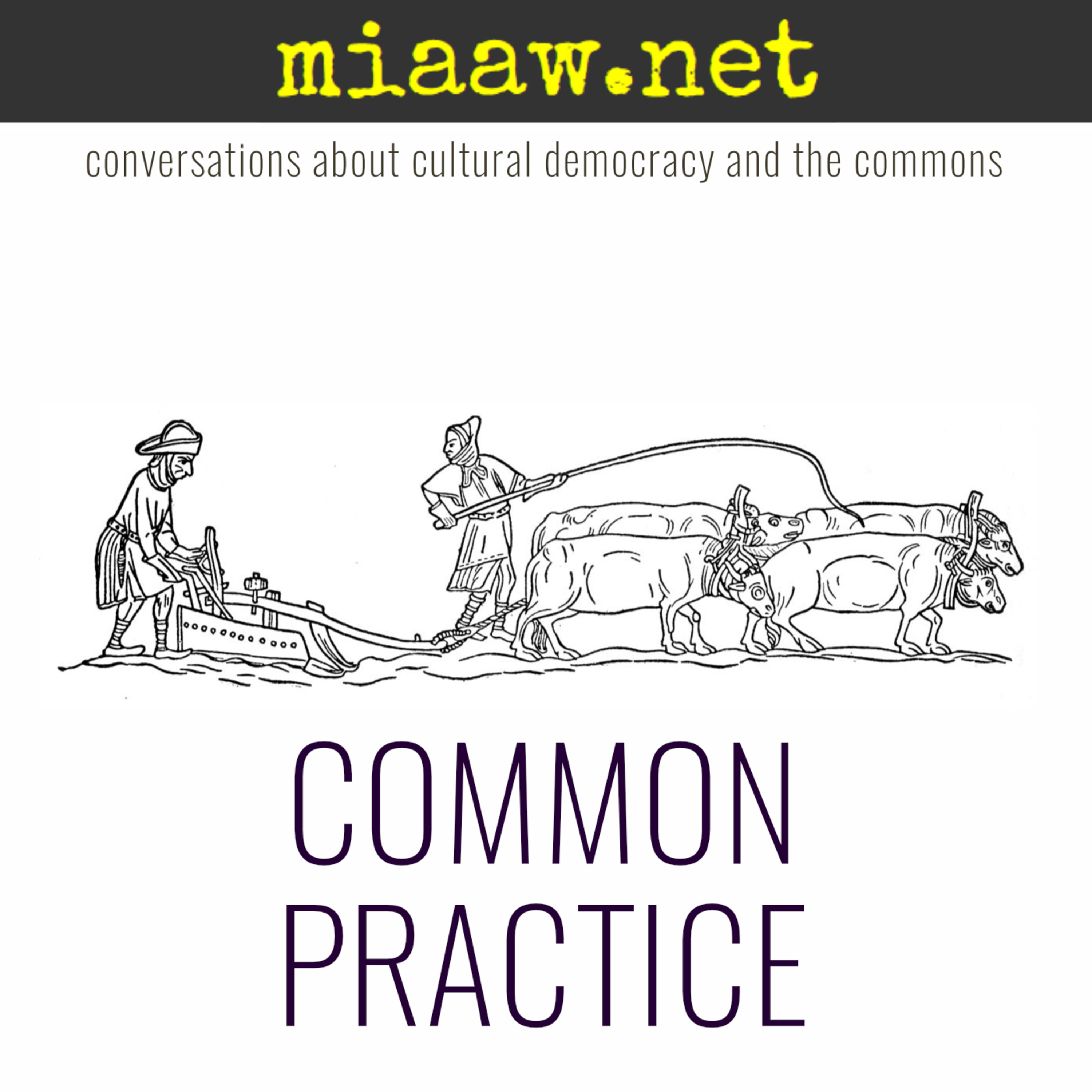
After we made the Jubilee archives
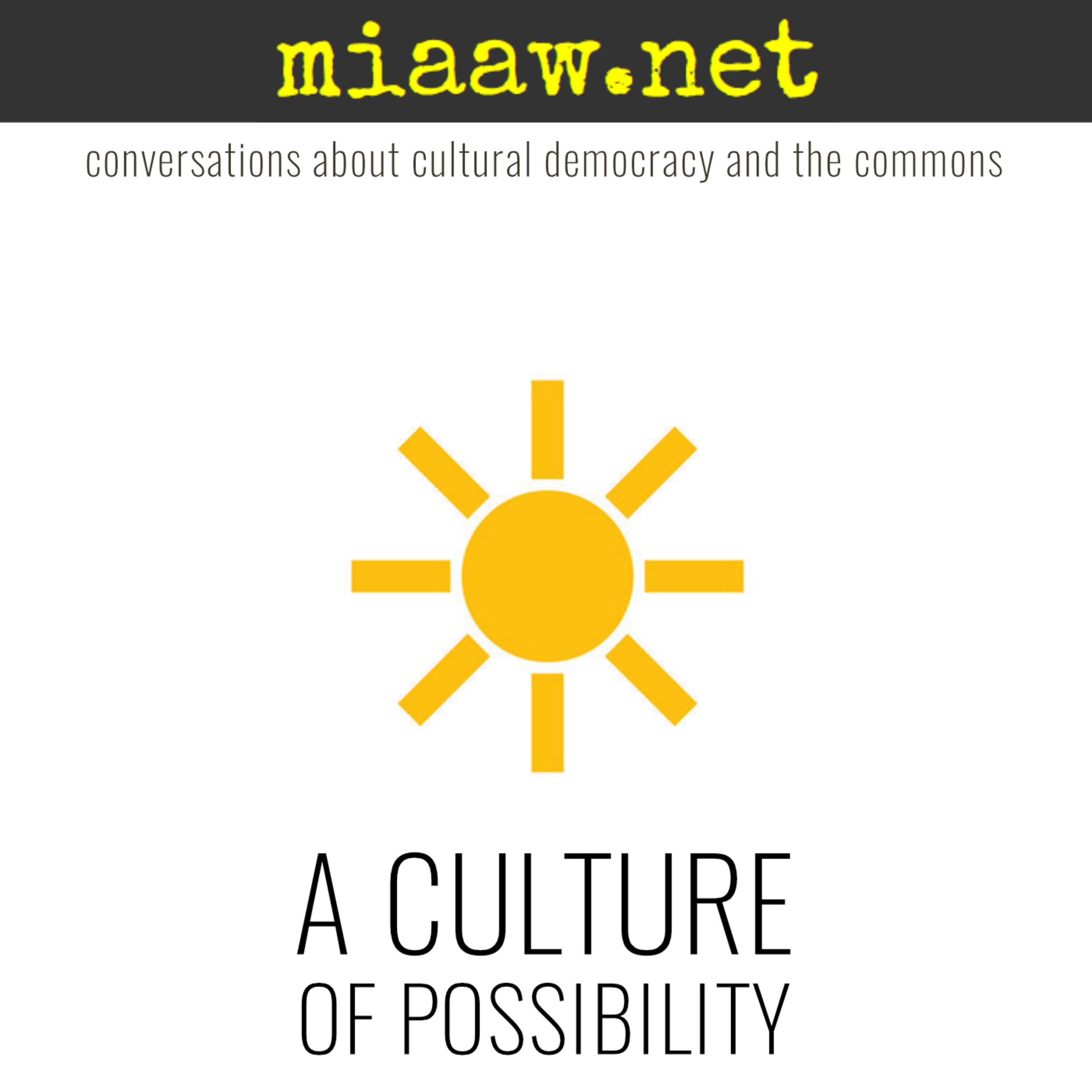
Spirituality and cultural democracy
In Culture of Possibility #36 – the podcast’s third anniversary — Arlene Goldbard and Miaaw.net guru Owen Kelly will talk about cultural work and spirituality.
Some community artists reject non-mater…
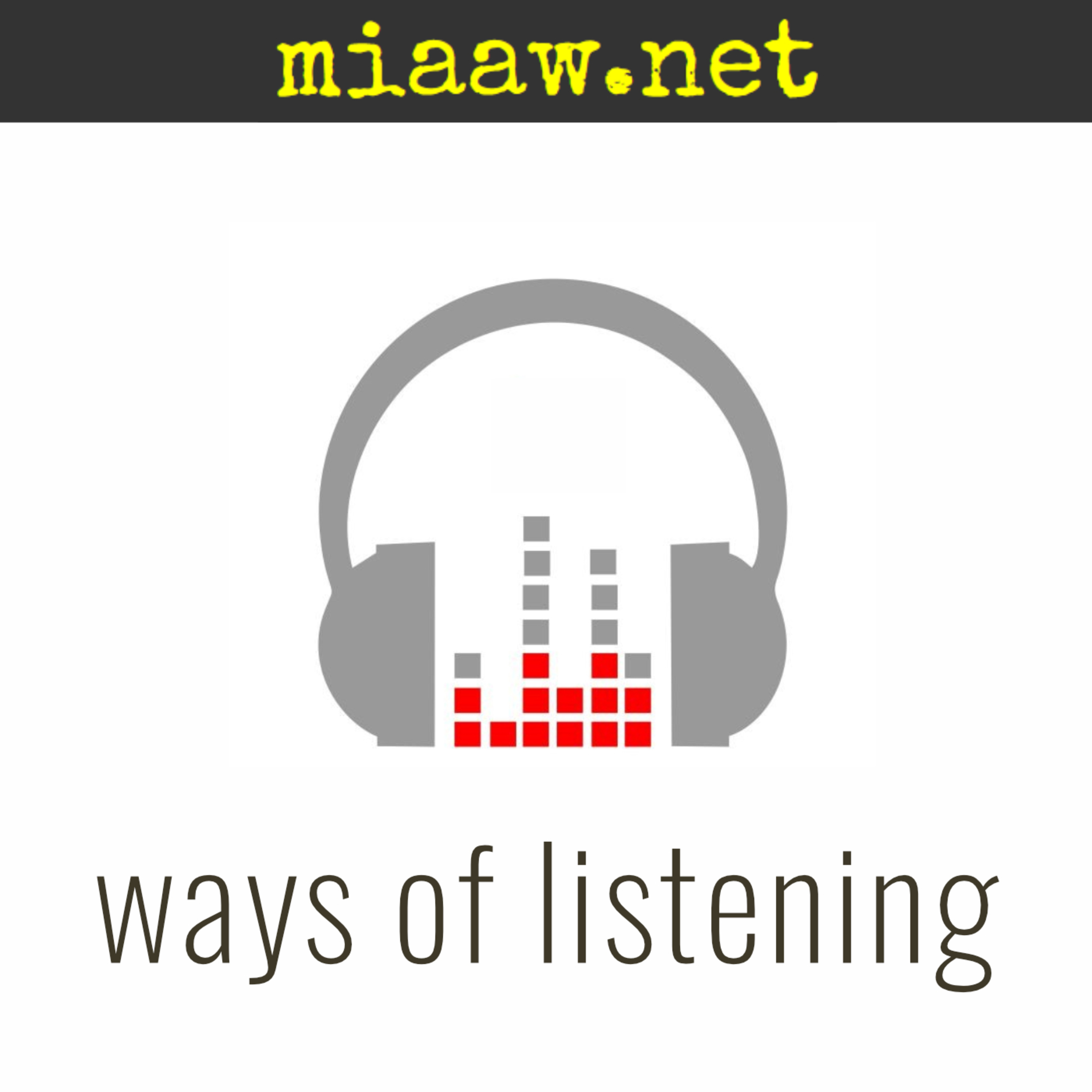
Sam Metz - Listening Through the Body
Sam Metz describes their rationale as responding to “the premise of ‘neuroqueering’ (a term first coined by Nick Walker) which seeks to undermine or subvert dominant structures that remain hostile to…